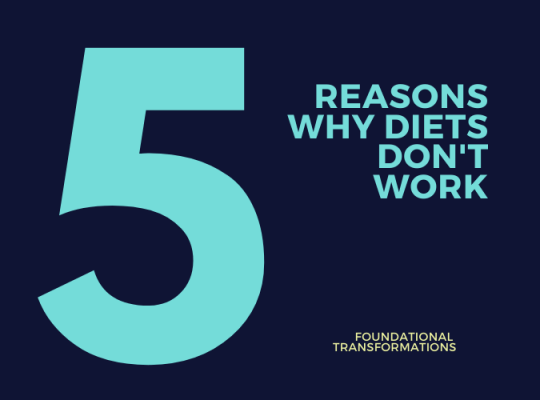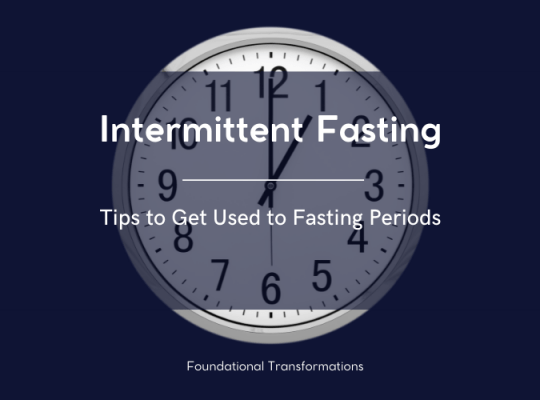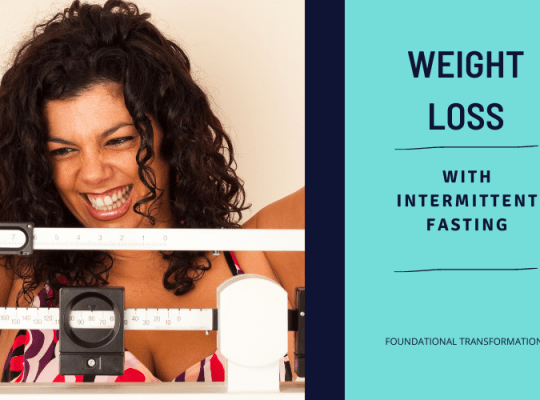You’ve started eating right, working out, getting sleep, and trying your hardest but you still can’t lose weight. What is the problem? While it can be frustrating especially when you are either just starting out or hit a plateau. Understand there could be small reasons as to why you can’t lose weight and the scale isn’t budging. Below are some of those reasons and what you can do to get the scale moving again (and looking as to if it should be moving).
You’re gaining muscle at the same time
Contrary to popular belief, muscle does not weigh more than fat (one pound of fat equals one pound of muscle), but muscle is denser, it takes up less room. If you’ve just started working out, this is a strong possibility. Instead of always going by what the scale says, use measurements.
Measure your body (waist, hips, arms, thighs, calves, etc.) and calculate the changes there. Do this on a biweekly or monthly basis to help determine if the changes are happening but the scale isn’t reflecting it. You can also look at how your clothes fit (take pictures or have a motivational outfit). If your clothes are fitting better, you’re looking better, it’s working. The scale can lie.
You’re eating (or drinking) more than you think
Are you tracking your calories and what you eat? If not, this could be the cause. A lot of times we underestimate the amount of food and calories that we are eating. One way to determine this is to track what you are eating, every single morsel that you put in your mouth including liquids (these can add up to a lot of calories), and use a food scale to measure out exact amounts.
When you look at a serving size and estimate what that should look like, you could be putting more on your plate than what that serving size is. That handful of almonds might be two (or more) servings, the creamer/sugar/milk in the coffee, or those two glasses of juice.
Keeping an accurate and honest log of what you are eating can give a true picture of how many calories you are eating. Then you can make the necessary changes if you are overeating which will help the scale move.
What you are eating is too processed
When you decide to lose weight, it’s tempting to get premade foods (such as the frozen ones by multiple different companies) and while that is great for looking at calories, it can be detrimental to the process. Sodium can lead to water retention which can cause the scale to not budge.
Adding more whole foods and plant-based foods, along with cooking your own meals, can assist in weight loss because you know exactly what you are eating and what ingredients (including those seasonings) have been used.
You’re overestimating your calorie burn
You’re working out and it’s feeling great. But how many calories are you actually burning? If you are going by what the treadmill or the elliptical states, you’re wrong. It doesn’t calculate how much you are actually burning based on your own stats (height, weight, resting heart rate, and actual heart rate) and how much effort you actually put in. A heart rate monitor is a great way to determine how hard you are working. But a good indicator is if you walk out of the gym and barely broke a sweat and your heart rate didn’t increase (with proper cool down you shouldn’t still have a pounding heart rate as you’re walking out), you could say that you didn’t work hard enough.
You have an undiagnosed medical condition
If you are doing everything correctly (calculating your calories, accurately calculating your calories burned) and nothing is changing, it’s recommended to see your doctor and make sure that everything is within range. This can include blood work, general exam, etc.
Once you know for sure that it’s nothing medical you can look into the external factors as to what is going on and dig a little deeper into your daily routine (and how you are calculating everything). If it is medical, you have an answer as to why you aren’t losing weight despite the efforts, then you can work on a plan with your medical provider as to how to make the scale move in the direction that you want.
You’re expecting too much
Look at how much you’ve already lost. A healthy weight loss is 1-2 pounds per week. Anything more than that and it’s not going to be sustainable in the long rung (and can lead to weight gain after the crash dieting).
While some weeks may be higher (and depending on how much you have to lose it may be higher in general until you get to a lower weight) the average should be no more than 1-2 pounds per week if you are looking to sustain it long term.
Putting this into perspective can make the weight loss seem more progressive because even though it isn’t moving at the rate of the instant that you want, it is actually working out for you.







